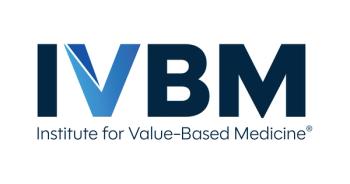
Precision oncology's promise was the key theme of the July 17 session of the Institute for Value-Based Medicine with faculty from multiple institutions in the Boston, Massachusetts area.

Precision oncology's promise was the key theme of the July 17 session of the Institute for Value-Based Medicine with faculty from multiple institutions in the Boston, Massachusetts area.

RIsing costs for therapies and inequities in reimbursement for genomic testing have created financial barriers for patients, according to appearing experts in Detroit, Michigan, on July 10, 2025.

New drugs aren't the only advances in oncology. Innovation includes collaboration between to remove barriers to remove barriers to care, according to experts who gathered for a session of the Institute for Value-Based Medicine in Arlington, Virginia.

Cutting-edge cancer therapies and innovative care models that advance patient access and significantly reduce health care costs took center stage at the Institute of Value-Based Medicine (IVBM) event in Minneapolis, Minnesota.

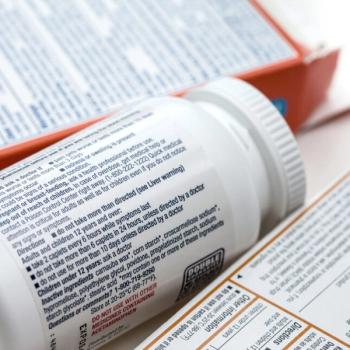
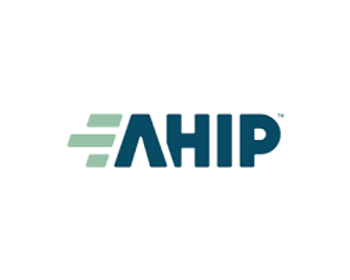
Health insurers commit to reforming prior authorization processes, aiming to enhance patient care and reduce burdens on providers, impacting millions.
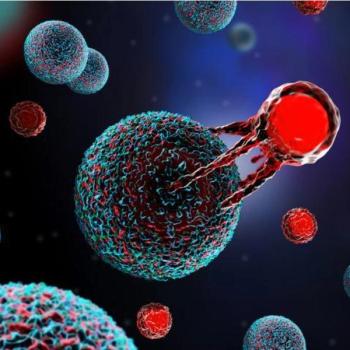
In vivo CAR T-cell therapies promise to revolutionize cancer treatment, enhancing access and reducing costs while addressing financial toxicity and logistical barriers.

The author discusses how Principal Care Management (PCM) enhances oncology care, improves patient outcomes, and boosts reimbursement opportunities for providers, yet remains underutilized.
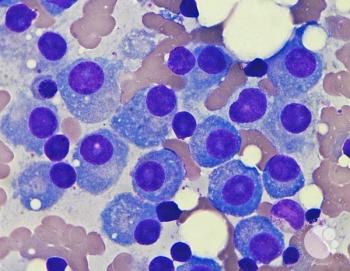
Past efforts to collect data and to understand the relationship between minimal residual disease and outcomes will help researchers in multiple myeloma develop a new generation of targeted therapies, decide when treatment can be stopped, and possibly screen populations for the disease.
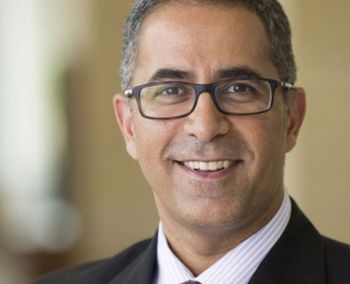
International Myeloma Foundation Chief Medical Office Joseph Mikhael, MD, shares how the M-Power initiative is addressing disparities through community engagement, education, and improved clinical trial access.
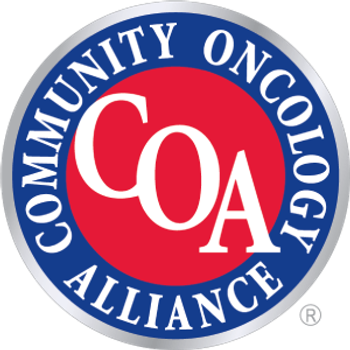
Proposed changes to the Physician Fee Schedule aim to support community oncology, but the Inflation Reduction Act threatens financial stability for practices.

Linvoseltamab gains FDA approval as an effective off-the-shelf therapy for relapsed multiple myeloma, showcasing impressive response rates and safety profiles.
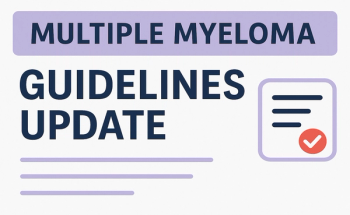
On July 2, linvoseltamab-gcpt (Lynozyfic; Regeneron) received an accelerated approval from the FDA in relapsed/refractory multiple myeloma (MM), and the most recent update to the National Comprehensive Cancer Network guidelines for MM has added the BCMA-targeted bispecific antibody as a preferred treatment option.

Access to and affordability of immune checkpoint inhibitors, which can be lifesaving if patients receive them on time and under optimal circumstances, continue to top the list of reasons behind outcomes disparities for patients who have private insurance vs those who remain uninsured.
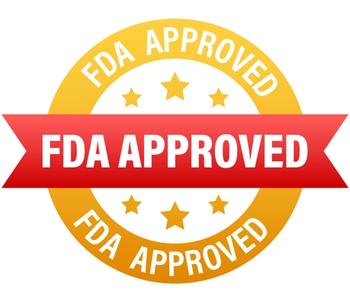
This approval comes almost a year after the drug received a complete response letter due to third-party manufacturing issues.
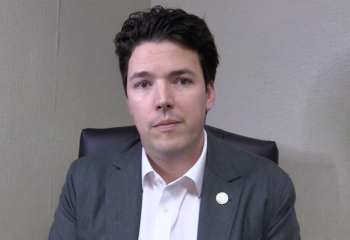
Nicolas Ferreyros, managing director, Community Oncology Alliance, discusses key components of health equity and social determinants of health that need to be addressed in cancer care.
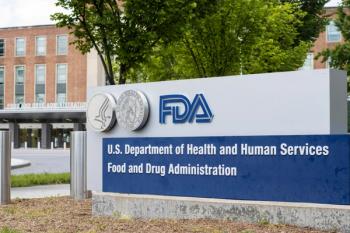
The FDA has removed Risk Evaluation and Mitigation Strategies (REMS) for approved chimeric antigen receptor (CAR) T-cell therapies for hematologic malignancies, aiming to ease provider burden and expand patient access.

Results for IRAKLIA show noninferiority for Sanofi's on-body delivery system for isatuximab, compared with IV administration. Patients overwhelmingly preferred the hands-free delivery option.

259 Prospect Plains Rd, Bldg H
Cranbury, NJ 08512
© 2025 MJH Life Sciences®
All rights reserved.
